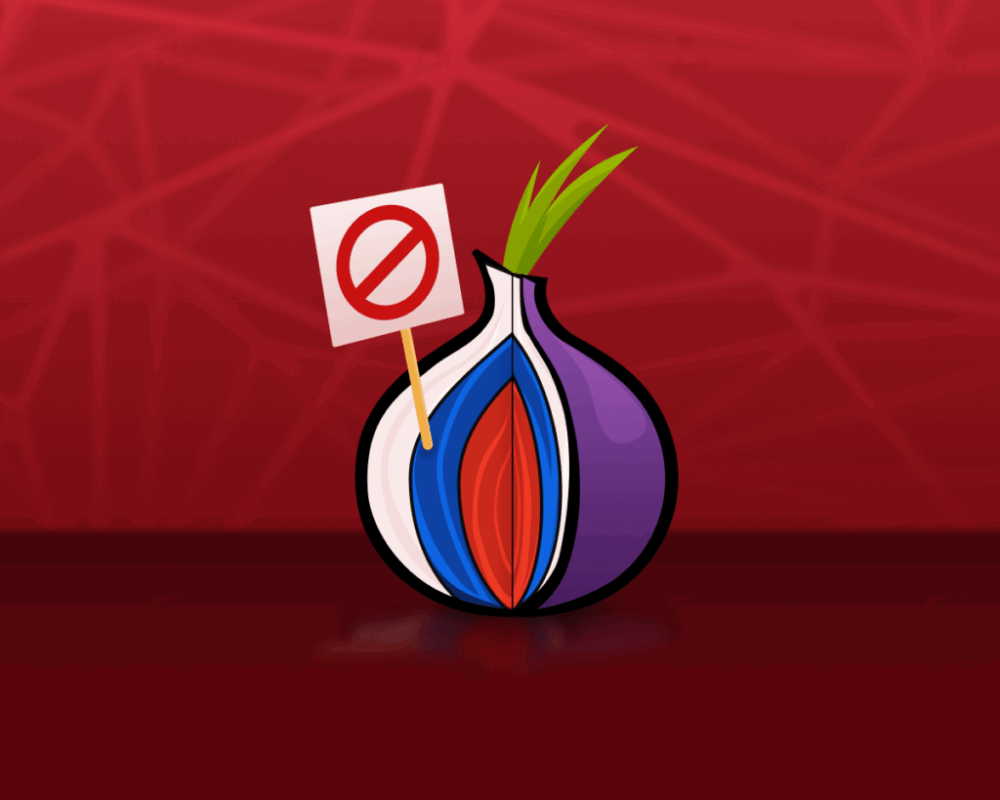Weekly Topic: The Battle for Tor
The details of the case are explained by Ekaterina Abashina, a media lawyer and attorney for Roskomsvoboda:
“The appeal process for the court decision in the Tor case consists of several stages. The TorProject Inc., as the owner of the blocked website, was not involved in the case in 2017. They only learned about the decision when Roskomnadzor began enforcing it at the end of 2021 (why Roskomnadzor waited four years to enforce the court decision remains a mystery). Therefore, the first step is to restore the deadline for filing an appeal, which is considered by the court of first instance. Along with the request to restore the deadline, we also filed an appeal, which falls under the jurisdiction of the Saratov Regional Court.”
“If the court of first instance refuses to restore the deadline for filing the appeal, we will challenge that ruling. Our goal is to overturn the court’s decision to block the site,” Ekaterina explains.
“In most cases when Tor was blocked, it was done simply,” notes Vadim Losev, a technical specialist at Roskomsvoboda. “For example, they would take a list of public entry addresses for the network, block access to them, and that would be the end of it.”
In his opinion, the Russian case is unique because it involved blocking bridges, which is much more difficult:
“Obviously, work was and continues to be done to find nodes not on the public list. In addition, in April 2021, Tor introduced a new way to bypass blocks called Snowflake: one person gives another access to Tor, and it looks like a video conference between them. Apparently, Russian specialists detected a barely noticeable difference between a ‘video conference’ and a real conference, and used that as the basis for the block. This requires serious preparation and resources. The Tor ProjectThe Tor Project is a nonprofit organization dedicated to protecting online privacy and ensuring uncensored access to the internet. Emerging from U.S. Naval Research Lab experiments with onion routing in the 1990s, Tor evolved into a decentralized, volunteer-powered network that hides user identities by routing traffic through multiple encrypted relays. Since the launch of the Tor Browser in 2008, it has become a crucial tool for activists, journalists, and everyday users worldwide—supporting free expression during events like the Arab Spring and proving resilient in the face of mass surveillance disclosures. Today, Tor is sustained by a global community committed to human rights, transparency, and digital freedom. More team was stunned. To find out what they plan to do next, watch our interview.”
“Russia is far from the first country to claim that Tor can be used for illegal activities,” says Sarkis Darbinyan, head of legal practice at Roskomsvoboda. “This argument doesn’t hold up to scrutiny, since any tool is technologically neutral. That’s why it’s especially important to have such decisions declared unlawful.”
The lawyer also emphasized the fundamental importance of the “Tor case” and its progress through Russian courts:
“We hope to achieve this within the national court system, but we also recognize that the dispute may move to the European Court of Human Rights (ECHR). Its decision would be significant for Council of Europe members and set a precedent for other countries. The ECHR has already repeatedly noted that blocking tools is like trying to ban printers and copiers just because they can be used to print something.”
The legal team at Roskomsvoboda, representing The Tor ProjectThe Tor Project is a nonprofit organization dedicated to protecting online privacy and ensuring uncensored access to the internet. Emerging from U.S. Naval Research Lab experiments with onion routing in the 1990s, Tor evolved into a decentralized, volunteer-powered network that hides user identities by routing traffic through multiple encrypted relays. Since the launch of the Tor Browser in 2008, it has become a crucial tool for activists, journalists, and everyday users worldwide—supporting free expression during events like the Arab Spring and proving resilient in the face of mass surveillance disclosures. Today, Tor is sustained by a global community committed to human rights, transparency, and digital freedom. More in Russia, recently appealed the blocking of the project’s website, which was imposed back in 2017 by the Saratov District Court. In their view, this court decision violates the constitutional right to freely provide, receive, and distribute information, as well as the right to privacy. Additionally, the case was considered without Tor representatives, which violated their procedural rights and the principle of adversarial proceedings.



